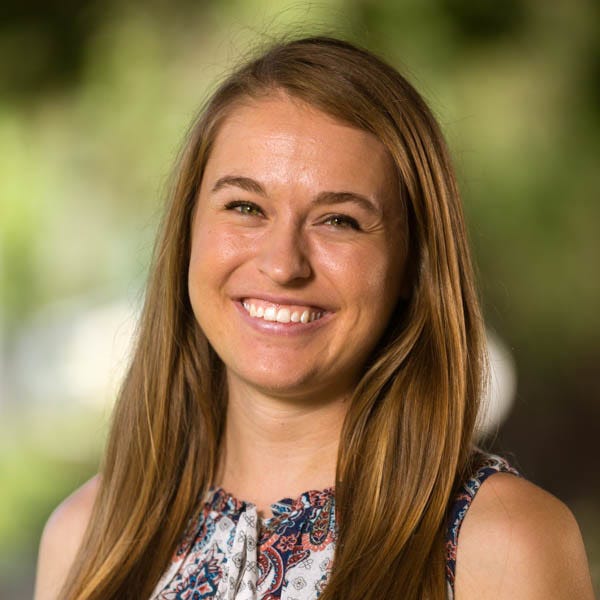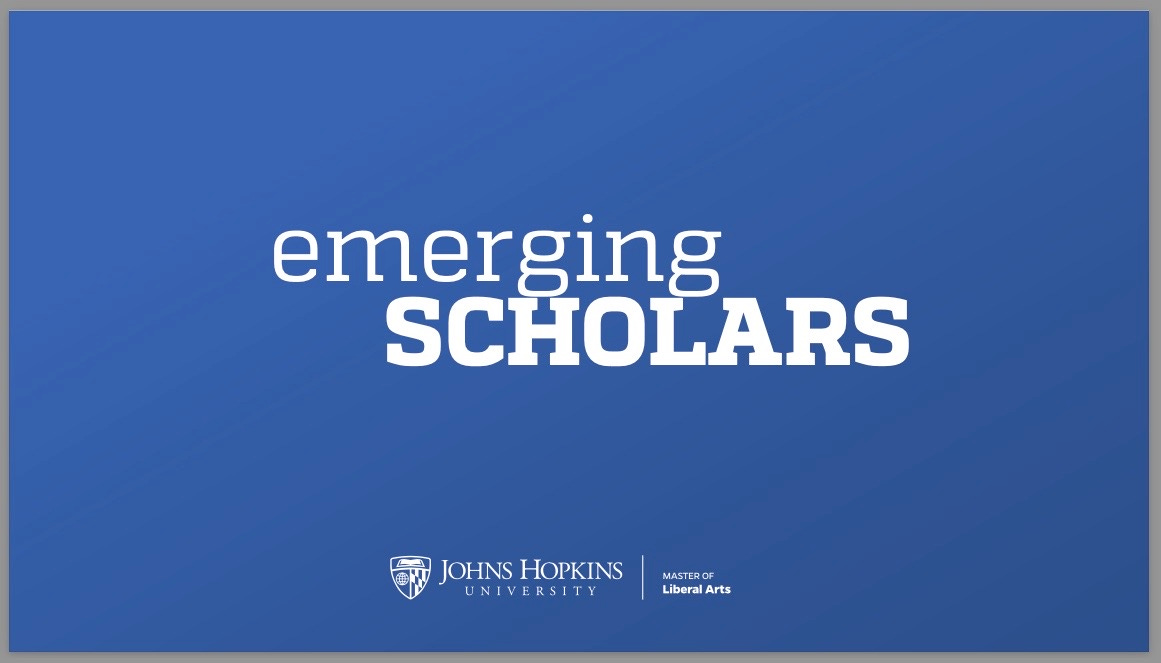Introducing the first episode of our "Emerging Scholars" series.
by Tristan Cabello, Associate Director of the Hopkins MLA
Welcome to the “Emerging Scholars” podcast, where we showcase the groundbreaking research of our students in the Masters of Liberal Arts program at Johns Hopkins University.
For our inaugural episode, I am delighted to introduce Ellie Martin, who will be sharing research from her Capstone project, exploring the impact of Harvard University President, Charles William Eliot.
Charles Eliot’s most notable reform was the introduction of the elective system, revolutionizing the rigid, prescribed curriculum that dominated academia. Prior to Eliot's reforms, students were bound to a uniform course of study, devoid of choice or specialization. Eliot's vision, however, ushered in an era of academic freedom, where students could tailor their education to their interests and aptitudes.
In this episode, Ellie Martin uncovers a surprising influence in Elio’s intellectual framework: the social Darwinist movement. Ellie's research sheds light on Eliot's embrace of these ideas, particularly Spencer's notion of human nature as mutable. Eliot believed that education should reflect this diversity, rejecting the notion of universal equality and advocating for the tailored education of individuals based on their evolutionary "progress."
Through this lens, Eliot's elective system takes on a nuanced perspective. While his commitment to academic freedom was commendable, his underlying beliefs raised questions about the inherent biases and inequalities within the system. Ellie's inquiry challenges us to critically examine the foundations of modern education and consider how historical ideologies continue to influence our educational practices today.
Thank you for tuning in to the Emerging Scholars podcast. Stay tuned for more fascinating research from our talented scholars in the Hopkins MLA.





